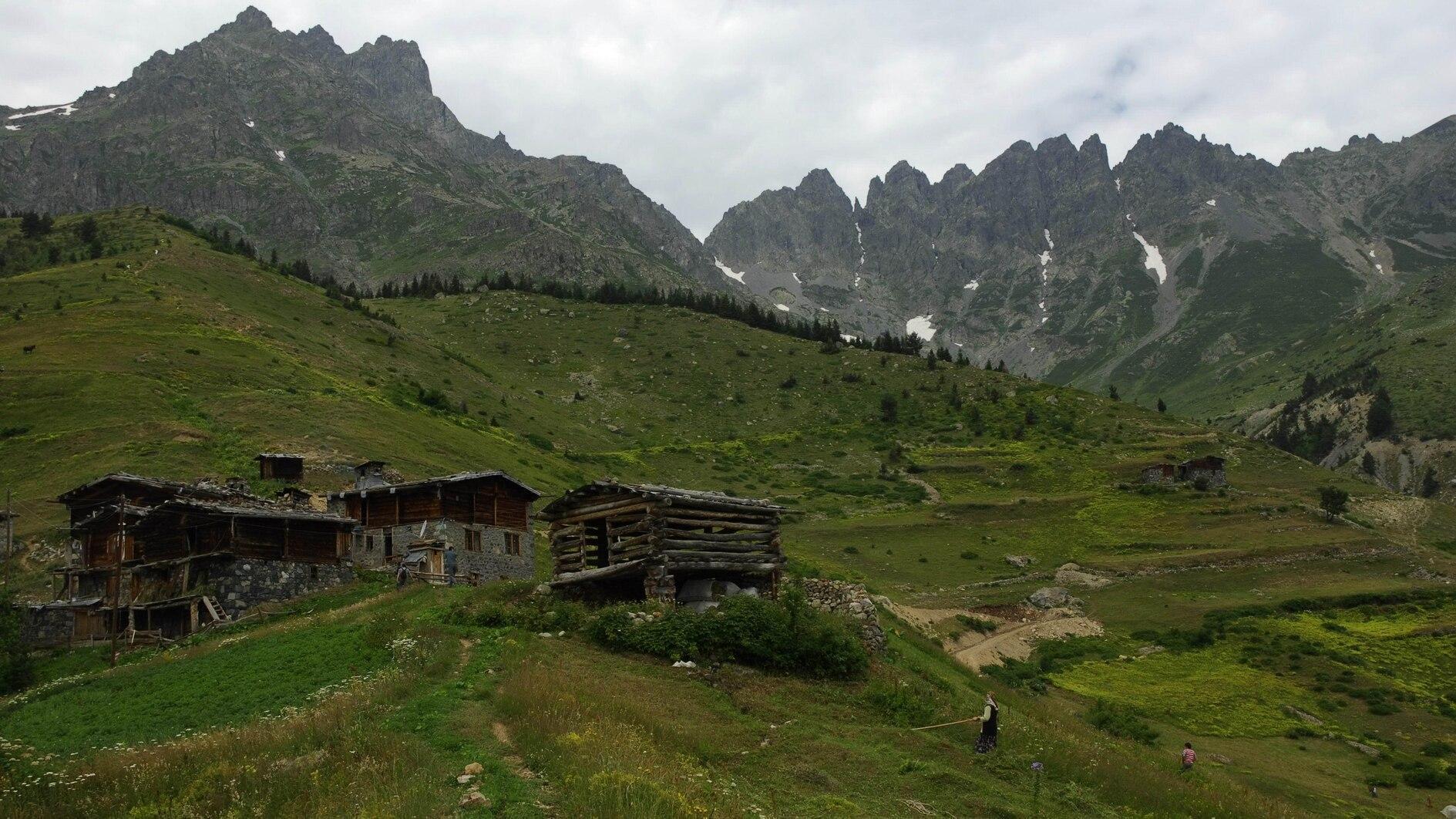
Experts have warned about a potential cultural identity loss stemming from the surge in migration from rural to urban areas in the eastern Black Sea region, which is leaving villages increasingly deserted and aging.
The region maintained a more balanced distribution with approximately half of the population residing in the center and the other half in rural areas in the early 2000s. However, in 2012, this ratio began to tilt with only 17 percent now residing in rural areas, according to 2023 Turkish Statistical Institute (TÜİK) data.
The young population between the ages of 15-39 make up the majority of those who migrate from rural areas to cities in the region, in parallel with Türkiye in general, Professor Dr. Mine Gözübüyük Tamer from Karadeniz Technical University says.
As a result, the population in rural areas is aging and are left entirely to the elderly, who also partially choose to migrate due to the difficulty in accessing health services.
Tamer stresses the cultural repercussion of the rural depopulation, which leads to the loss of intergenerational transmission of traditions and values.
"With these migrations, not only demographic change is taking place. At the same time, we unfortunately witness that the units we call hearths, which will protect our cultural values, are unfortunately lost in rural areas." she said. "This unfortunately creates a gap in the transmission of the bond of belonging and cultural ties."
Tamer underscored the economic drivers behind the migration wave, citing the allure of urban amenities and job prospects. "We can say that the economy is the most important factor in rural migration. Lack of public services and inadequacies in social life can also lead people to decide to migrate."
With villages increasingly devoid of young inhabitants, she warns of a widening gap in cultural continuity, urging efforts to preserve the region’s unique heritage.
To counteract the trend and revitalize rural economies, Tamer proposes targeted interventions, including rural incentives and vocational education reforms, by considering the characteristics of different rural areas to empower local communities and the potential of its youthful workforce.
"The curriculum in these vocational high schools should be revised in accordance with the needs of the region. If the students graduating from these high schools can be employed in the fields that the region needs, we can keep this young population in the region," she suggested.